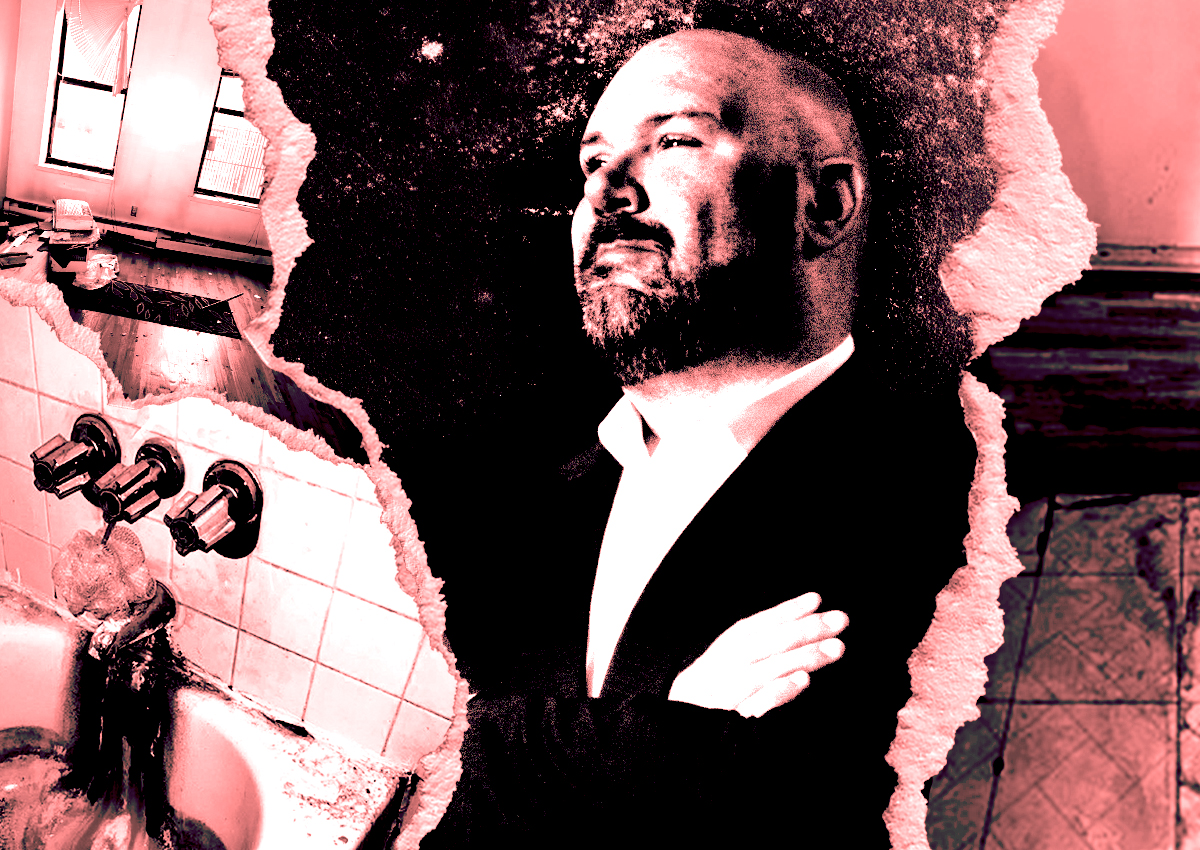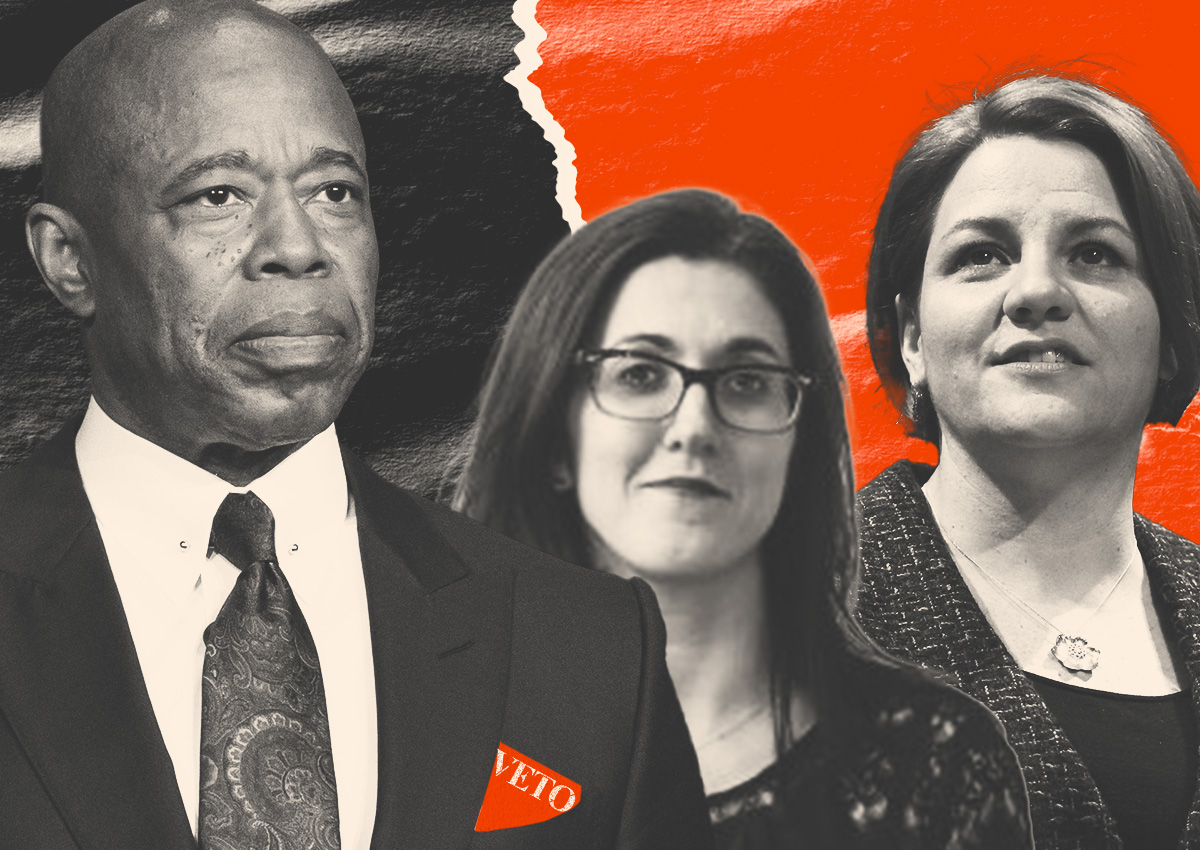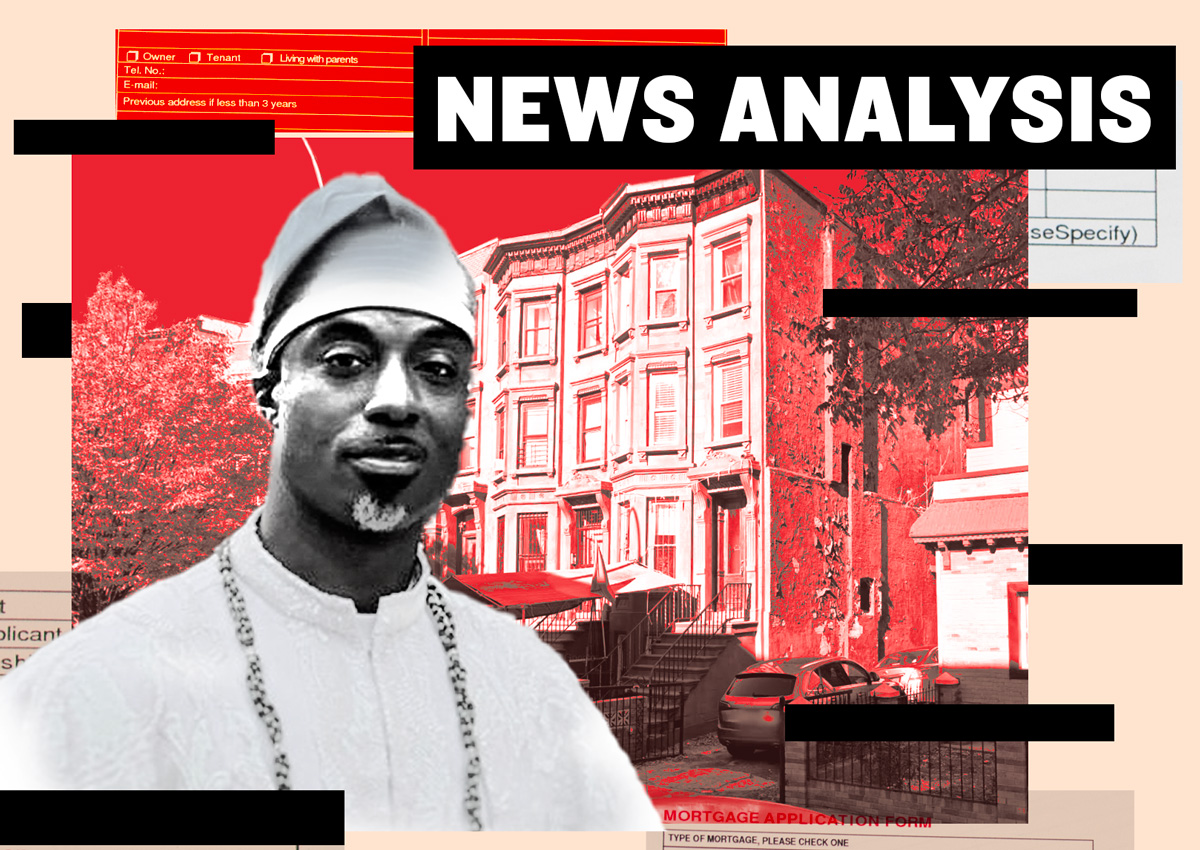When the spunky journalism site New York Focus got its hands on a private memo from the Real Estate Board of New York to the governor, it looked for revelations that not only serve the public interest but also generate outrage, or at least buzz. As would any good publication.
REBNY was pitching Gov. Kathy Hochul on housing policy, which had deadlocked Albany throughout the legislative session. Surely there would be something titillating, if not conscience-shocking, in the message. After all, this was a confidential memo from a key industry group on controversial topics.
But the correspondence, scored with a public records request, proved challenging for New York Focus to focus on.
Rather than push lopsided laws that would enrich landlords and developers, suck cash from the state’s coffers and leave tenants penniless, REBNY suggested compromises and even measures ostensibly contrary to its members’ interests.
Atop the list was expanding right-to-counsel — free lawyers for tenants facing eviction.
“It could be launched as a pilot in more densely populated areas of the state or made permanent based upon allocated funding,” REBNY president Jim Whelan wrote to the governor’s senior staff.
In case Hochul considered that too expensive for the state, Whelan suggested having law students work under a supervising attorney.
Unfortunately for New York Focus, this was neither outrageous nor new. Three months earlier, in the second sentence of its testimony at a City Council hearing, the lobby group had declared: “REBNY supports expanding the Right to Counsel Program.”
New York Focus quoted an upstate attorney for landlords saying he opposed expanding the program because it would only stall evictions. But free counsel for tenants has upsides for landlords. Judges have been delaying eviction cases until the tenant gets a lawyer, so more lawyers could mean faster resolutions.
Some judges are known to essentially act as attorneys for tenants who show up in their courtrooms lawyerless. And many landlord attorneys prefer having a counterpart who negotiates and shows up for court dates — which tenants often don’t, causing adjournments that waste everyone’s time.
To alleviate the housing court backlog, REBNY also called for more judges. Even tenants’ advocates cannot oppose that, at least not publicly. Who would cheer a backlog?
Then REBNY wrote, “Renewal leases should be subject to a statutory cap that the Attorney General proposed in her regulations to address price gouging.” The cap, 10 percent, would only apply during housing emergencies.
That sounds “laughably weak,” as tenant activist Cea Weaver called all of REBNY’s proposals, but it’s not necessarily. Housing emergencies can be engineered by politicians to last forever, as New York City’s has been. And the 10 percent figure would likely be reduced as legislators make the sausage.
No one knows whether this would advance tenants’ efforts to pass universal rent control or take the issue off the table at an acceptable cost to landlords, as seems to have happened in California.
REBNY then offered to share “draft legislative language,” which New York Focus called “an apparent offer of an industry-written bill.” That sounds devious, but it’s common practice and both sides of any issue do it, in part to make sure nothing gets lost in translation.
In fact, when advocates push for a bill, legislators often ask them to put it in writing. Then lawmakers make changes that suit them.
The essence of the industry memo was to suggest tenant protections that landlords could tolerate and do not amount to good cause eviction, which REBNY and Hochul oppose because it strips landlords of the right to take back their property from a rent-paying tenant.
Read more



For three consecutive years, good cause has not passed. In fact, it has prevented other measures from passing, including ones that would help tenants. Good cause backers won’t support housing bills that exclude it, which results in nothing moving forward.
It’s not the only reason, but until advocates stop making their version of perfect the enemy of the good, legislative sessions will keep turning out bad. Maybe next year they will get the memo.
